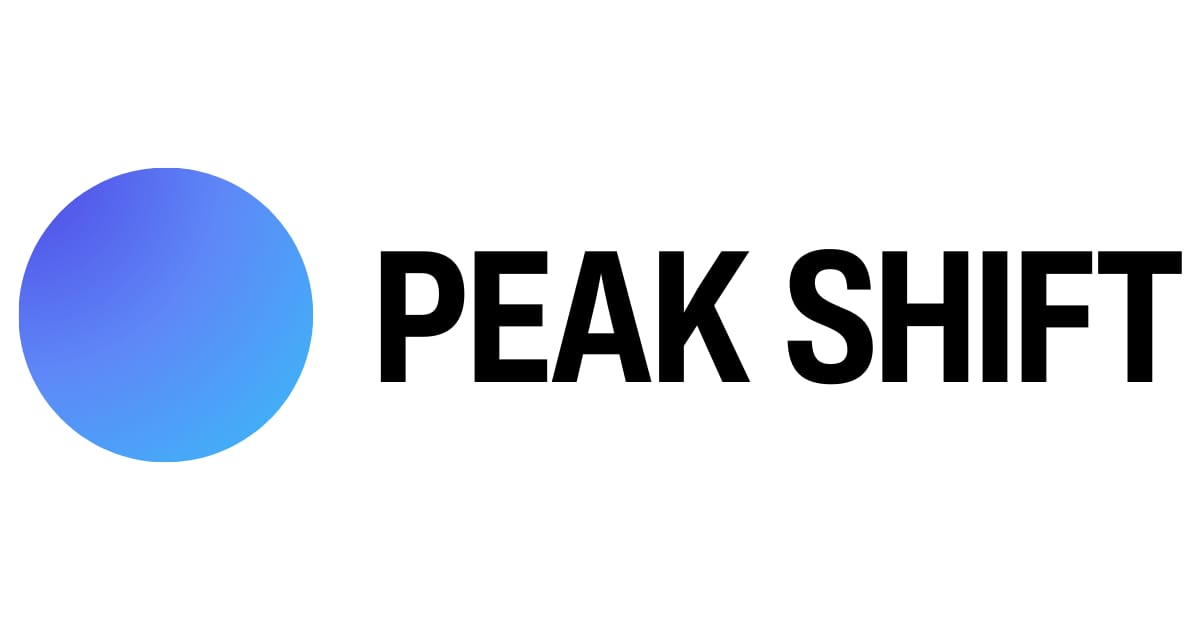How to Build a Real Brand in 2025
A step-by-step system to grow with trust, strategy, and actual sales

Read Time: 3 Minutes 42 Seconds
Hey - Robert here.
In today’s edition:
The 5-step framework to build a high-converting brand
Why most brands feel stuck (and how to fix it)
Real brand examples + an important announcement
Let’s be honest.
We’ve all had those days where you open Instagram…
And just sit there, stuck.
We want to post something valuable, something original.
But instead, you scroll for ‘‘inspiration’’ that leads to confusion.
Swiping through what others are posting, hoping something will click.
And when it doesn’t, you start thinking:
‘‘Why does my brand feel like a copy of someone else?’’
Here’s the truth:
You don’t need more ideas, you need more clarity.
The most successful creators and brands aren’t reinventing the wheel every day.
They’ve built a brand foundation so clear that:
Every post feels aligned
Every video builds more trust
Every piece of content leads them somewhere
Today, I’ll walk you through the exact 5-step framework I use when building brands that actually convert.
Let’s get into it.
1. Define Your Why
Most people start by asking, What should I post?
But great brands ask, What do I believe in?
If your “why” isn’t clear, you’ll chase trends and lose trust before you build it.
Here’s how to find it:
1. Identify your passions:
What’s something you could teach for hours?
What are your drives, passions, and dreams?
2. Reflect on past struggles:
What problems have you faced that others are still going through?
What have you learned the hard way?
3. Define the problems you can solve:
How can your experience actually help someone else?
Would someone pay to learn what you’ve figured out?
With a clear goal in mind, you can turn any idea into a powerful message.
Your brand’s fuel is the intersection between your passion, your past, and the problem you solve.
But remember to get personal and create stories, not just posts.
Because stories build trust, and trust builds brands.
Examples of this:
Jerry Lee: Helping anyone get a job
Kelsey Poulter: Helping young athletes unlock peak performance
Mark Rober: Making science exciting again
2. Find Your Target Audience
Here’s the truth:
When your brand speaks to everyone, it connects with no one.
The goal isn’t to go viral with everyone.
It’s to resonate deeply with the right people.
Visualize one person:
What’s their age?
Where do they live?
What are their interests?
What are their pain points?
What are their dreams?
How can you help them?
Once you define that person, you’ll know exactly how to talk to them.
And when your message is dialed in for one person…
Thousands of others who feel the same will follow you.
3. Determine the Value You Bring
Clarity is useless without value.
People don’t follow you because your brand looks good.
They follow because they’re getting something valuable, consistently.
Here are the 4 types of value for your strategy:
1. Education: Content that teaches something new and changes perspective.
Tips & Tricks
Expert advice
Breakdowns & Tutorials
Best for solving pain points and gaining trust at scale.
2. Entertainment: Content that brightens someone’s day and stops the scroll.
Relatable moments
Challenges
Skits
Great for connecting with your viewers and making you more memorable.
3. Inspiration: Inspiring people to take action.
Aspirational videos
Transformations
Motivational posts
Best for changing someone’s perspective.
4. Relatability: Content that builds an emotional connection.
Day-in-the-life videos
Personal stories
Struggles
Great for building an emotional connection.
Each of the content types serves a different purpose, fostering the audience’s trust in your brand.
But here’s the secret…
The best brands don’t pick one, they blend them.
That’s what creates depth, trust, and loyalty.
Imagine you are a back pain expert, you could post:
Education: Advice for relieving tension or correcting posture
Entertainment: Behind-the-scenes with clients
Inspiration: Your own recovery journey
Relatability: Stories about your struggles with chronic pain
4. Build a Repetable Content System
Now that you have clearly identified:
The ‘‘why’’ for your brand
Your target audience
Value pillars
It’s time to build a system that scales without burning you out.
But instead of posting what feels right…
Create 2-3 content series that repeat, almost like episodes of a show.
Each series should touch a different part of your audience’s journey:
Awareness → Trust → Consideration
This keeps your brand consistent while creating room for variety and depth.
Here are some examples from creators & brands:
Daniel Dalen: Relatability + Education + Inspiration
Tracksmith: Inspiration + Relatability + Community
Bruno Casanovas: Inspiration + Entertainment + Relatability
5. Position Your Brand Uniquely
The final step?
Stand out from the noise.
Because your niche isn’t what makes you different.
Your brand identity does.
There are 3 ways you can differentiate:
Visual Identity:
Unique text fonts
Color pairings
Brand elements
Tone Of Voice:
Relatable & Friendly
Inspirational & Demanding
Expertise-focused & Direct
Delivery Style:
Multiple Content Formats
Unique Recording Setups
Location
Same niche, but completely different vibes.
Let’s take fitness creators as an example:
Sam Sulek: Calm, low-edit, lone-wolf vibes
Jeff Nippard: Friendly expert with polished videos
Tren Twins: Loud, chaotic, alpha energy
Same niche, completely different brands and messaging.
That’s the true power of brand clarity.
And when you nail this?
You become unforgettable, not just another account in the feed.
Talk soon,
Robert
How did you like today's newsletter? |
Reply